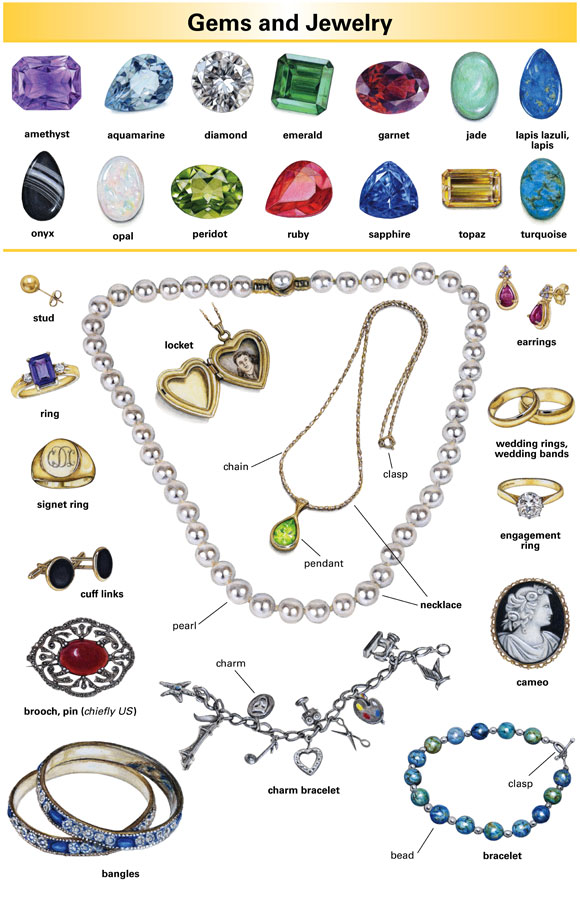The American Spelling Of "Jewelry": A Deep Dive Into Linguistic Divergence
The American Spelling of "Jewelry": A Deep Dive into Linguistic Divergence
Related Articles: The American Spelling of "Jewelry": A Deep Dive into Linguistic Divergence
Introduction
With great pleasure, we will explore the intriguing topic related to The American Spelling of "Jewelry": A Deep Dive into Linguistic Divergence. Let’s weave interesting information and offer fresh perspectives to the readers.
Table of Content
- 1 Related Articles: The American Spelling of "Jewelry": A Deep Dive into Linguistic Divergence
- 2 Introduction
- 3 The American Spelling of "Jewelry": A Deep Dive into Linguistic Divergence
- 3.1 Historical Roots: A Tale of Two Spelling Traditions
- 3.2 The Influence of Pronunciation: A Key Determinant
- 3.3 More Than Just a Spelling: A Symbol of Identity
- 3.4 Beyond the Word: A Broader Linguistic Landscape
- 3.5 FAQs: Addressing Common Queries
- 3.6 Tips: Navigating the Spelling Landscape
- 3.7 Conclusion: A Legacy of Linguistic Divergence
- 4 Closure
The American Spelling of "Jewelry": A Deep Dive into Linguistic Divergence

The English language, despite its global reach, exhibits fascinating variations in spelling and vocabulary. One such divergence is the spelling of the word "jewelry," which Americans write with a "j" while British English utilizes a "jewellery." This seemingly minor difference reflects a broader historical and cultural context, offering a glimpse into the evolution of language and the impact of national identity.
Historical Roots: A Tale of Two Spelling Traditions
The American spelling of "jewelry" originates from the early days of American English, a period marked by a conscious effort to establish a distinct linguistic identity. This movement, fueled by a burgeoning sense of national pride, sought to simplify English spelling and create a more consistent and accessible language.
The "jewellery" spelling, prevalent in British English, traces its roots to the Old French word "joiel," which evolved into "joyel" and eventually "jewelry" in English. However, the "j" sound was often pronounced as a "y" sound in early English, leading to the "jewellery" spelling.
The American spelling reform movement, spearheaded by Noah Webster, advocated for simplifying spellings and aligning them more closely with pronunciation. This led to the adoption of "jewelry" as the preferred spelling in American English.
The Influence of Pronunciation: A Key Determinant
The choice between "jewelry" and "jewellery" ultimately boils down to pronunciation. In American English, the "j" sound is distinct and pronounced as a hard "j," as in "jam" or "jump." This pronunciation aligns with the spelling "jewelry," where the "j" accurately represents the sound.
British English, on the other hand, maintains the "jewellery" spelling, reflecting a more nuanced pronunciation where the "j" sound often approaches a "y" sound, as in "jewel." This subtle difference in pronunciation explains the divergence in spelling between the two dialects.
More Than Just a Spelling: A Symbol of Identity
The difference in spelling goes beyond mere aesthetics. It represents a tangible manifestation of the distinct linguistic identities of American and British English. The American spelling of "jewelry" embodies a commitment to simplification and consistency, reflecting the values of practicality and efficiency associated with American culture.
The British spelling "jewellery," on the other hand, retains a connection to its historical roots and the nuances of pronunciation, reflecting a reverence for tradition and linguistic complexity.
Beyond the Word: A Broader Linguistic Landscape
The "jewelry" versus "jewellery" debate is just one example of the broader linguistic divergence between American and British English. Other notable differences include the spellings of "color/colour," "center/centre," and "tire/tyre." These variations, while seemingly minor, underscore the dynamic and evolving nature of language and the influence of cultural context on linguistic development.
FAQs: Addressing Common Queries
Q: Is "jewelry" the only spelling difference between American and British English?
A: No, "jewelry" is just one example of many spelling differences between American and British English. Other notable variations include "color/colour," "center/centre," "tire/tyre," and "traveler/traveller."
Q: Which spelling is "correct"?
A: Both spellings are "correct" within their respective dialects. American English uses "jewelry," while British English uses "jewellery."
Q: Why does the spelling difference matter?
A: The spelling difference reflects a broader linguistic divergence between American and British English, highlighting the impact of cultural context and national identity on language development.
Q: Is one spelling more widely used than the other?
A: "Jewelry" is the standard spelling in American English and is widely used in the United States and Canada. "Jewellery" is the standard spelling in British English and is commonly used in the United Kingdom, Australia, and other Commonwealth countries.
Tips: Navigating the Spelling Landscape
- Context is Key: When writing, consider your intended audience and the context of your writing. If you are writing for an American audience, use "jewelry." If you are writing for a British audience, use "jewellery."
- Consistency is Crucial: Within a single piece of writing, maintain consistency in your spelling choices. Avoid switching between "jewelry" and "jewellery" unless you are intentionally highlighting the linguistic difference.
- Consult a Dictionary: When in doubt, consult a reputable dictionary for the preferred spelling in your chosen dialect.
Conclusion: A Legacy of Linguistic Divergence
The American spelling of "jewelry," while seemingly a minor detail, reflects a complex interplay of historical, cultural, and linguistic factors. It highlights the dynamic nature of language and the influence of national identity on linguistic evolution. By understanding the nuances of these spelling differences, we gain a deeper appreciation for the rich diversity of the English language and its ability to adapt to the evolving needs of its speakers.




![Correct spelling for jewelry [Infographic] Spellchecker.net](https://d65im9osfb1r5.cloudfront.net/spellchecker.net/1144491-jewelry_thumbnail.png)


![Correct spelling for jewelry [Infographic] Spellchecker.net](https://d65im9osfb1r5.cloudfront.net/spellchecker.net/1144491-jewelry.png)
Closure
Thus, we hope this article has provided valuable insights into The American Spelling of "Jewelry": A Deep Dive into Linguistic Divergence. We appreciate your attention to our article. See you in our next article!